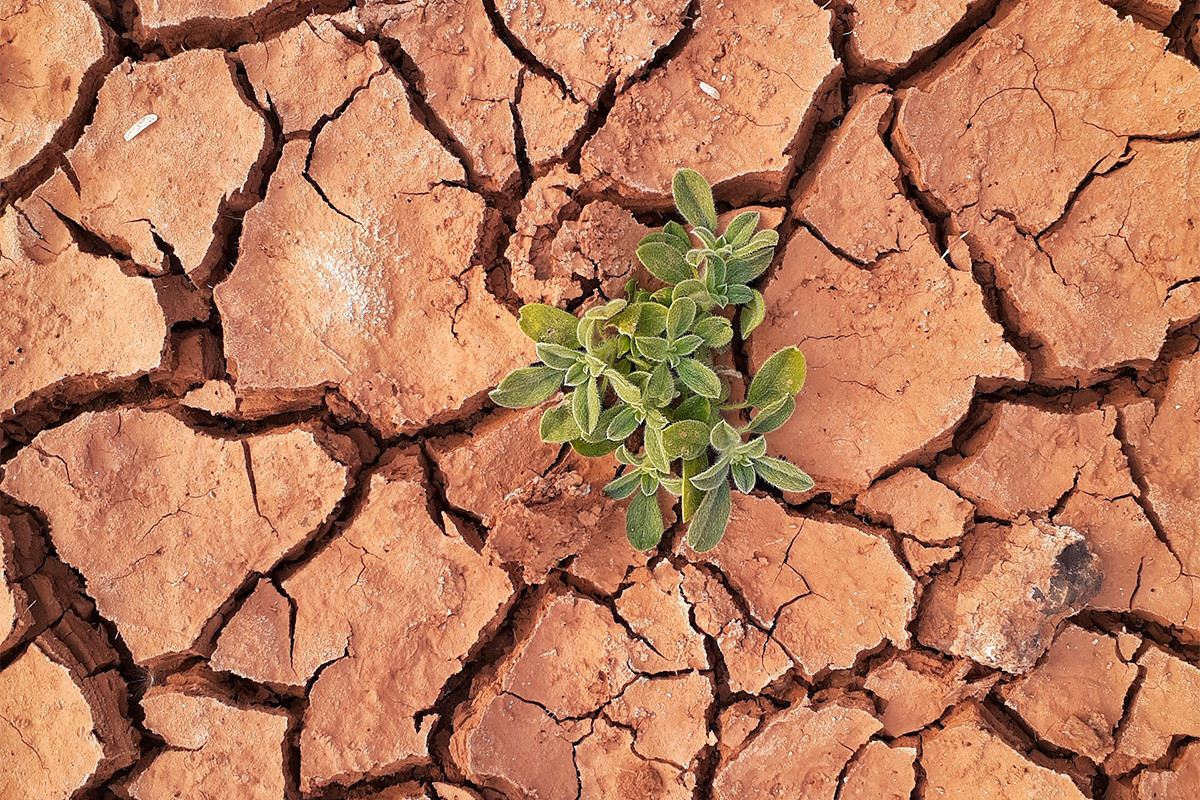World Meteorological Organization (WMO) in a new report he said, that temperatures in Europe have more than doubled compared to the global average over the last 30 years, and further warming will result in increased forest fires, flooding, and ecosystems will be affected. Temperatures in Europe increased by an average of 0.5°C per decade between 1991–2021. Alpine glaciers lost 30 meters of ice thickness from 1997 to 2021. Last year, climate change claimed hundreds of lives and caused economic damage in excess of 1.2 trillion crowns. Most of it was floods or storms.
Also read
This year’s heat wave prompted climatologists to expand the temperature index
And this is even though EU countries have already reduced their greenhouse gas emissions by 31% from 1990 to 2020, and Europe is also among the most advanced in terms of early warning of extreme weather such as floods or high temperatures. “Europe presents a stark picture of a warming world and reminds us that even a well-prepared society is not safe from the effects of extreme weather events. This year, like 2021, much of Europe has been hit hard by a widespread heatwave and drought, sparked by wildfires. In 2021, extraordinary floods caused death and destruction,said WMO Secretary General Prof. Petteri Taalas and added that Europe could play an important role in reducing greenhouse gas emissions. According to the Paris Agreement, Europe must be carbon neutral by 2050.
Temperatures in Europe have risen the most of any continent in the last 30 years. That #CountryClimate in Europe presents a firsthand picture of a warming world.
Press release 👉 https://t.co/fvRzBUauOL
🤝@CopernicusECMWF pic.twitter.com/KRvhGiHOOv
— World Meteorological Organization (@WMO) November 2, 2022
An increase in climate change-related disasters is expected in the future. It’s primarily about rising temperatures across Europe, which will lead to heatwaves. An increase in temperature is expected even if greenhouse gas emissions are reduced. Heatwaves are one of the deadliest extreme climate phenomena, which are also linked to an aging population, which reacts especially badly to high temperatures. Higher temperatures can also lead to increased allergies to various pollens, more often tick-borne diseases or asthma.

Also read
Climate change is causing extreme heat and flooding this year
The effects of warming will not only affect people – they will also affect ecosystems, as increasing temperatures will result in more forest fires and, conversely, floods. The changes will also affect transport infrastructure, as it is unprepared for long heat waves, heavy rains or winds. All of this can paralyze transport.

“Unapologetic social media guru. General reader. Incurable pop culture specialist.”







